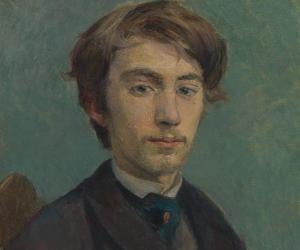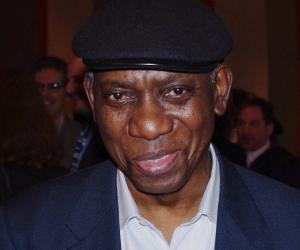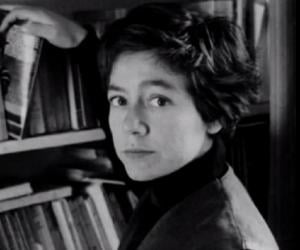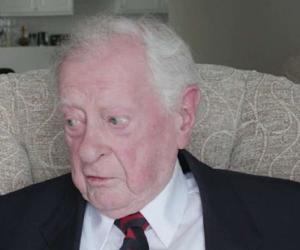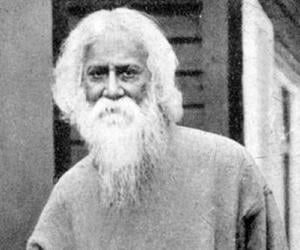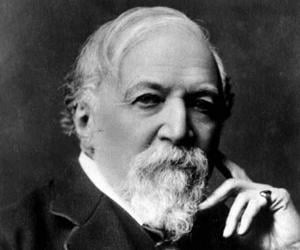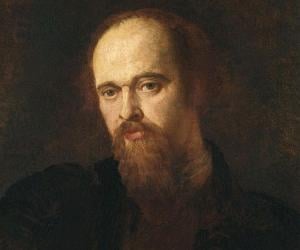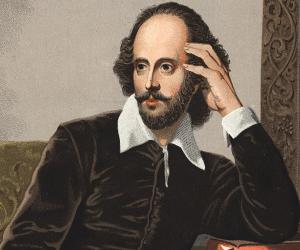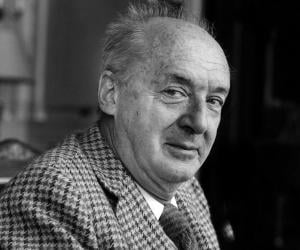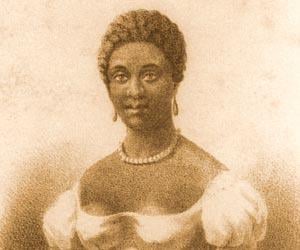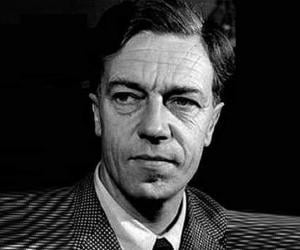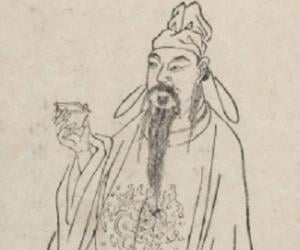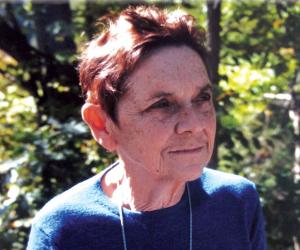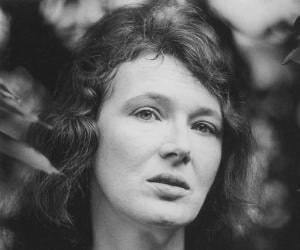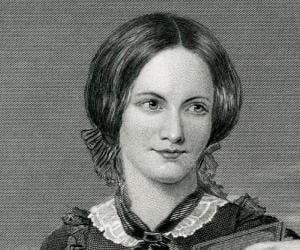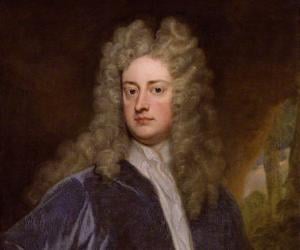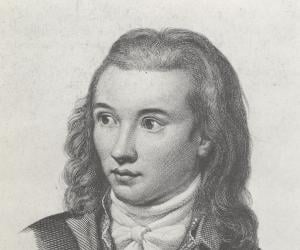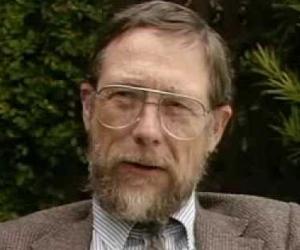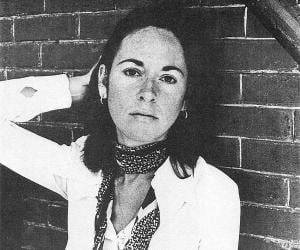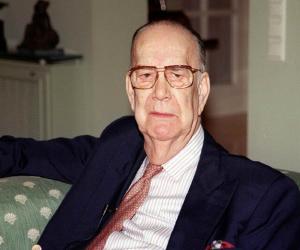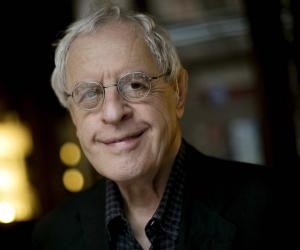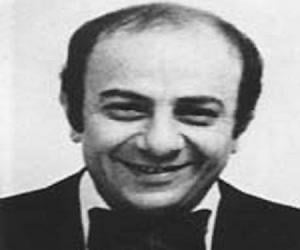Rabindranath Tagore was an Indian polymath who contributed greatly to the fields of literature, art, and philosophy. Referred to as the Bard of Bengal, Tagore is credited with reshaping Bengali literature and music. The first non-European to receive the Nobel Prize in Literature, Tagore is also credited with composing the national anthems of India and Bangladesh.
Robert Browning was an English playwright and poet best remembered for his dramatic monologues. His monologues are widely studied around the world as most teachers consider them ideal examples of the monologue form. One of the most important Victorian poets, Browning has inspired several poets and playwrights.
Known for founding the Pre-Raphaelite Brotherhood, Dante Gabriel Rossetti was a legendary poet and painter of the 19th century. His illustrations also adorned the books of his poet sister Christina Rossetti. Known for volumes such as The House of Life, he also influenced the Aesthetic movement.
English playwright, poet, and actor William Shakespeare is widely regarded as the greatest writer in the English language. He is also often called England's national poet. Many of his works have been translated into other languages and his plays continue to be produced till day. Popular during his lifetime, he acquired an iconic status after his death.
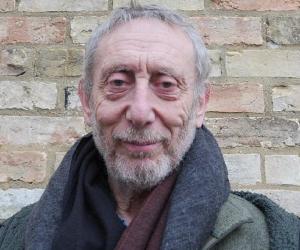
C. Day-Lewis was an Anglo-Irish poet who also wrote many mystery stories. From 1968 to 1972, he served as the Poet Laureate. He also contributed as a publications editor during World War II, working for the Ministry of Information.
Li Bai was a Chinese poet whose works helped Chinese poetry flourish in the Tang dynasty. Acclaimed as a genius, Li is credited with popularizing traditional poetic forms. His poetry has been influential from his own time to the present day. Along with Zhang Xu's calligraphy and Pei Min's swordplay, Li's poetry is counted among the Three Wonders in china.

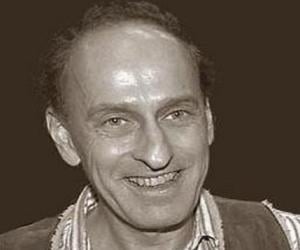
Author Roger Zelazny led the New Wave of science fiction and soared to fame with his series The Chronicles of Amber. The six-time Hugo Award winner published over 150 short stories, too. He made use of anachronisms, minimal dialogue, and heavy references to Hindu, Norse, and Egyptian mythological tales.
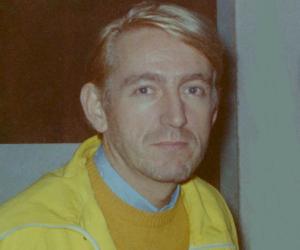
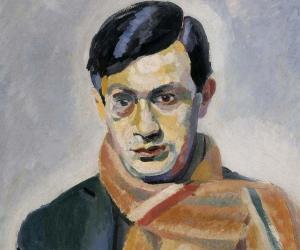
Tristan Tzara was a Romanian-born French avant-garde performance artist, poet, and essayist. A multi-talented personality, Tzara was also active as a playwright, journalist, art and literary critic, film director, and composer. Tristan Tzara is best remembered for co-founding the anti-establishment Dada movement, which he helped popularize. He is also credited with co-founding the Romanian literary and art magazine Simbolul.
Poet and philosopher Friedrich Leopold, better known as Novalis, was a significant figure of German Romanticism. He narrated the loss of his 15-year-old fiancé to tuberculosis in his Hymns to the Night. He himself died of the disease a few years later. He was also well-versed in natural sciences.


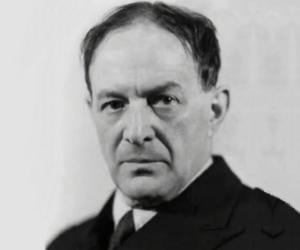
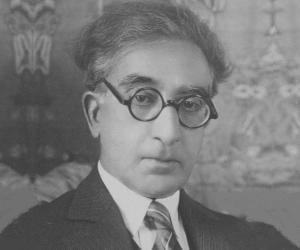
Widely regarded as one of the most distinguished Greek poets of the 20th century, Constantine Peter Cavafy became known for his own individual style. During his lifetime, he preferred to share his work through local newspapers and magazines only. His first book was published two years after his death. He also worked as a journalist and a civil servant.
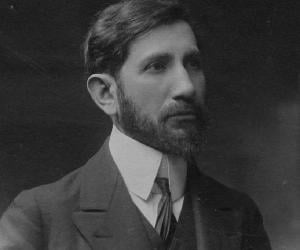
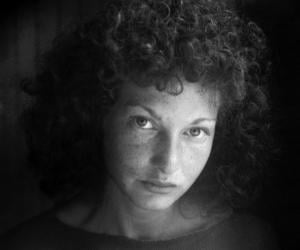
Maya Deren was a Ukrainian-born American filmmaker known for her experimental work. She played a major role in promoting the avant-garde in the mid-20th century. A multifaceted personality, she was also a dancer, choreographer, film theorist, photographer, and writer. She abandoned established rules of filmmaking and created her own techniques. Sadly, she died at the young age of 44.


Known as one of Japan’s most impactful bohemian romantic poets, Chūya Nakahara was often compared to French symbolist poets for his fine imagery. Also known as the Japanese Rimbaud, he was influenced by Dadaism, too. He tragically died of meningitis at 30, though his legacy of around 350 poems lives on.
Camilo José Cela was a Spanish novelist, essayist, story writer, and poet. One of the most respected Spanish writers of his generation, Camilo José Cela received a number of prestigious awards, including the 1987 Prince of Asturias Award for Literature. In 1989, he won the Nobel Prize in Literature. In 1994, he was honored with the Premio Planeta de Novela.
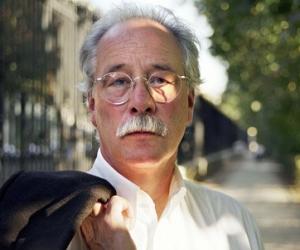
Born in Germany, W. G. Sebald later studied in Switzerland and England. He gained fame with his non-chronological tales of people traumatized by the ravages of war. His novels such as Vertigo and The Emigrants deal with themes of decay and memory. He died while driving around Norwich.
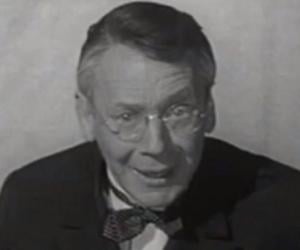
Initially aspiring to be a lawyer, Austrian writer Karl Kraus later deviated to philosophy and German literature before quitting studies altogether. He had also been a stage performer but later made his mark as one of the finest aphorists and playwrights in German history, with works such as Nights.
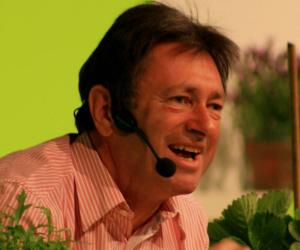
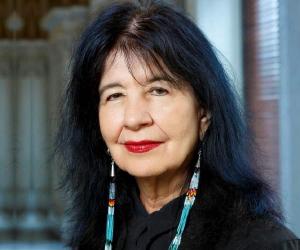

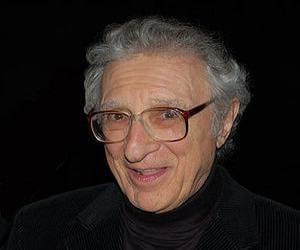
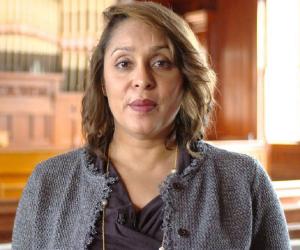

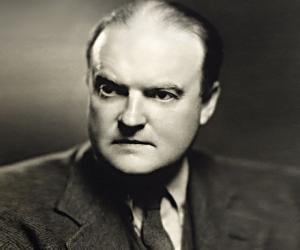
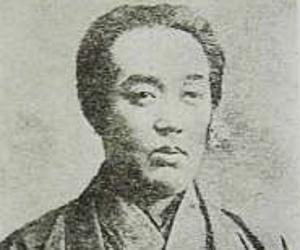
One of the greatest ukiyo-e woodblock artists of Japan, Yoshitoshi depicted everything from folklore and kabuki subjects to ghost stories through his works. A student of Kuniyoshi, he suffered immense mental trauma during the Meiji Restoration. He later worked as Taiso but spent his final years in an asylum.
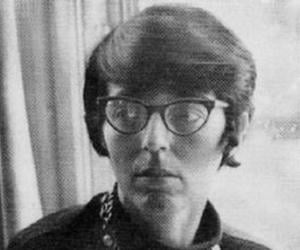
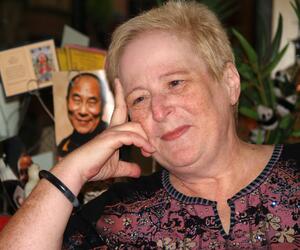
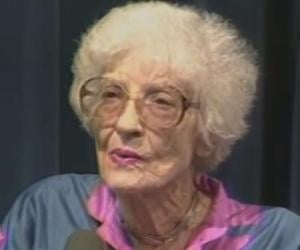

Best known for his performance as Saul Ausländer in the Academy Award-winning movie Son of Saul, Hungarian actor Geza Rohrig grew up in foster care and was initially interested in music. He is also a talented poet, who has dealt with themes such as the Holocaust in his works.
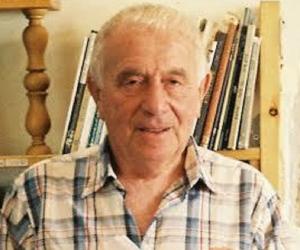
One of Israel’s most significant poets, Yehuda Amichai was born to Jewish parents in Germany and later moved to Jerusalem, where he fought for the British Army during World War II. His works, such as Now and in Other Days, carry themes of war, Jewish history, and the philosophy of life.
Assi Rahbani, part of the Lebanese composer duo The Rahbani Brothers, which also had his brother Mansour Rahbani, previously worked with Near East Radio. He later mostly composed music for his singer wife Nouhad Haddad, better known as Fairuz. The husband-wife duo also appeared in movies such as The Exile.
